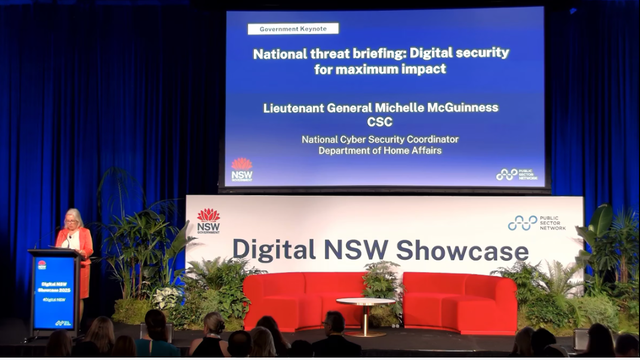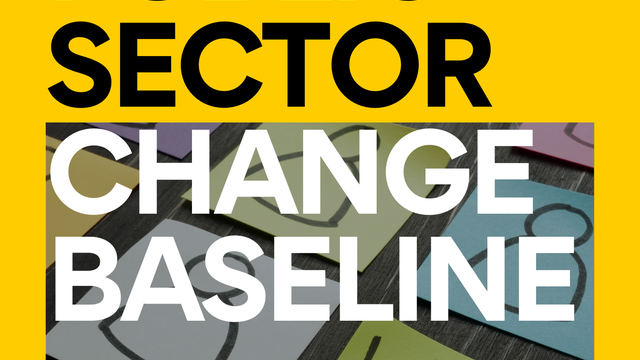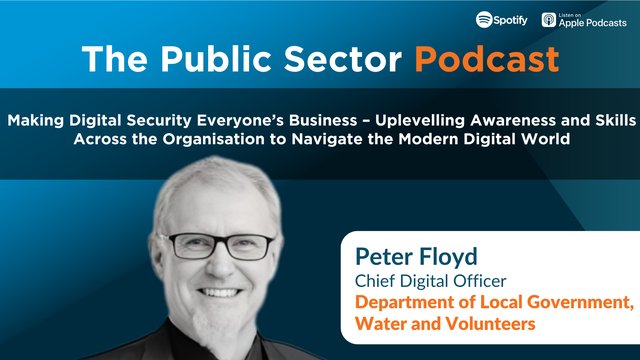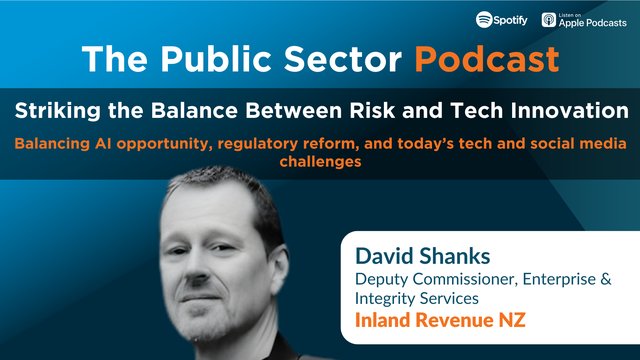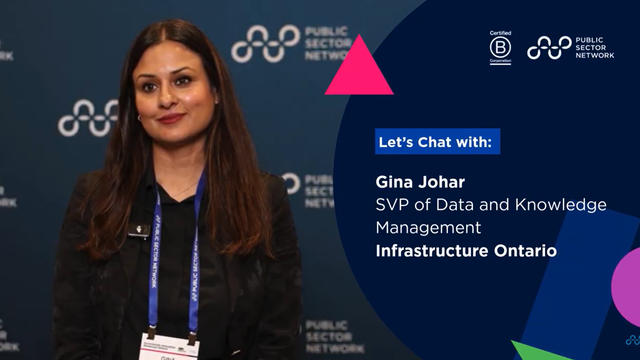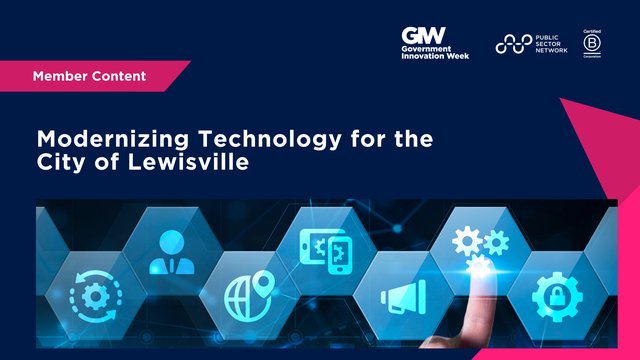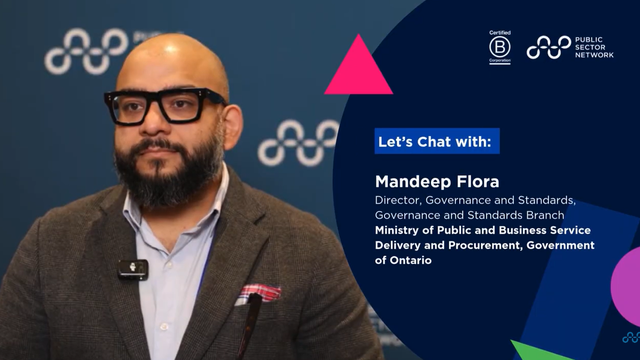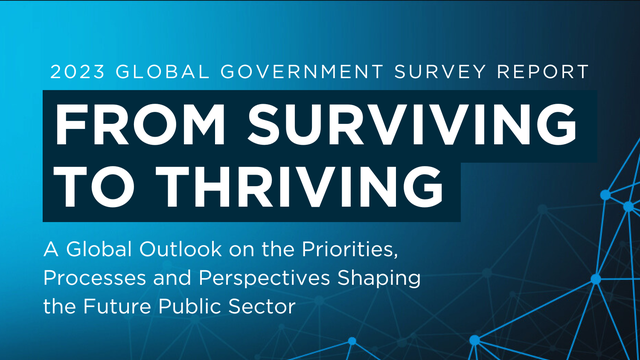
Can you imagine a world where you have limited – or inaccessible – healthcare due to your location, culture or spiritual beliefs? Healthcare is an essential service and a basic human right, but many Indigenous communities face barriers when seeking care.
Over the past few years, Canada’s healthcare system has experienced numerous challenges, including staffing shortages, long wait times and aging populations. For Canada’s Indigenous peoples, these and other challenges are longstanding.
We hosted our first Advancing Constructs event on October 24, 2023, in Thunder Bay, Ontario, to provide a forum for thoughtful conversation on this issue and what’s needed to advance meaningful change.
Inspired by our commitment to support the improvement of equity in Indigenous healthcare, we invited Dr. Miranda Lesperance, Vice President of Indigenous Collaboration, Equity and Inclusion with the Thunder Bay Regional Health Sciences Centre; Dr. Joseph Leblanc, Associate Dean of Equity and Inclusion with the Northern Ontario School of Medicine University (NOSM); and Jason Beardy, Director of Health Transformation with the Matawa Health Co-operative to join the panel event.
These experts graciously shared their unique perspectives on the current state of Indigenous healthcare, jurisdictional boundaries, challenges they’ve witnessed, and the systemic changes that are taking place to improve the quality of care for Canada’s Indigenous peoples.
We hope this honest discussion contributes to the community connections, understanding, and further conversations needed to achieve more equitable healthcare for Indigenous peoples. Here are some highlights from the panel event I was honoured to moderate.
Wes Bova: Can you share your perspective on the current state of Indigenous healthcare?
Jason Beardy: The Matawa Health Co-op was created around 2016 to complement the community’s existing health services. A lot of our communities are remote or semi-remote and with that, we see a lot of social determinants of health.
Lack of proper housing is an issue in every single community. We have multi-generational families living in one home. We also see a lot of homelessness, which is a problem that leads, in part, to migration to city centres, where people are seeking education, opportunities and housing.
There is also a lack of health services, particularly in remote communities. Every community will either have one nursing station or health centre and, in many cases, they are understaffed. Our nurses and other community workers are struggling and overworked. Burnout is a very real problem in all our communities. Many of those who travel outside of their communities to access better health services experience anti-Indigenous racism in the health care system. There is a lack of cultural safety in some instances, not just in the hospital setting, but also in alternative homes and long-term care homes.
Lastly, patients who travel outside of their communities for better care often face factors that hinder them from making it to their appointments on time, including lack of accommodation or weather issues.
Wes Bova: What are some of the jurisdictional boundaries that impact the provision of safe and equitable healthcare to Indigenous peoples?
Dr. Miranda Lesperance: My community itself is not remote, but we certainly have similar issues. Urban Indigenous peoples face similar barriers within the city – even when it comes to transportation. When transferring someone with an infectious disease from a hotel to a hospital for example, how does that happen? We’re consistently met with barriers that lead to the social determinants of health and access to care. We need to look at it from a more holistic perspective, particularly within hospitals and especially in Northwestern Ontario.
What we try to do at the Thunder Bay Regional Health Sciences Centre is reach out to our partners in the community. We’re a really strong advocate for equitable, safe care closer to home. We advocate for patients not having to leave their communities, when possible. We also work with partners who can help us mitigate some of the barriers and social and structural determinants of health.
Wes Bova: Tell me about the most challenging aspects of your day-to-day experience and how they impact your general well-being.
Dr. Joseph Leblanc: We created an equity strategy at the Northern Ontario School of Medicine two years ago that has an anti-racist approach and focuses both on interpersonal and systemic changes. We have a target of enrolling a student population of 20 per cent Indigenous students in our classes. We’re not quite there yet. Currently, 15 per cent of our first- and second-year classes include Indigenous students. These are the people who are going to go on to work in these innovative situations. They’re going to become leaders in hospitals throughout the Northern Ontario region. Many of them have a vested interest in getting a residency close to home.
I manage my own wellness by rooting myself in an understanding that people are making change. There is something positive that comes with these challenges and that helps me sleep at night.
Wes Bova: What positive systemic changes or opportunities for improvement are you seeing in your role?
Jason Beardy: I think seeing First Nations running their own healthcare system is probably the best first step towards positive systemic change, but that requires proper resourcing, effective programming and the inclusion of our traditional knowledge and culture. Healing our community and incorporating our culture and traditional healers into our land-based programs, mental health counselling and spiritual counselling is something the Matawa Health Co-op would like to do. We need to create our own solutions when it comes to providing community services, but we can’t do it alone. We need everybody’s help to be able to provide a level of care that is equitable.
Dr. Miranda Lesperance: A great first step is to see all of us here talking about this and having these conversations. Within the hospital itself, we’re recognizing that a lot of change needs to occur, and we’ve really built up the frontline staff to be available for patients. We’re fortunate to now have four Indigenous coordinators who work with inpatients and five Indigenous patient navigators who work with outpatients in certain clinics. In the emergency department, we’ve recently hired a cultural safety educator who is staff-facing, and able to help work with staff. But like Jason said, we can’t do it alone, and I’m very thankful for the community partnerships we have.
Dr. Joseph Leblanc: There’s a tremendous opportunity in the transition from the Northern Ontario School of Medicine to NOSM University. As of April 1, 2022, we are Canada’s first medical university. The goal for our institution is to not compete but to collaborate with existing institutions, programs and health professionals. In addition to the creation of the university, we nearly doubled its programs. When the school started, it wasn’t really about meeting those accreditation standards, it was about finding the right doctors to supervise the students. Now that it’s been 18 years, there are a number of alumni out there practicing in Indigenous clinical sites that didn’t exist before.
Join the discussion
It's clear that systemic change won’t happen overnight. It requires ongoing community support and strategic planning to ensure Indigenous communities across Canada have equitable access to vital healthcare services, education and professional opportunities – close to home and in nearby city centres.
At Colliers Project Leaders, we will continue to support these discussions and work collaboratively with our clients in the healthcare sector to action opportunities for improvement. As part of our commitment, I am pleased to announce that we’ve partnered with NOSM University to offer the Colliers Project Leaders Indigenous Learners Award. This bursary is available by application for any Indigenous medical student entering their first year of medical studies at NOSM University and will be included in the January 2024 bursary submission cycle.
Join the discussion by watching the replay of this Advancing Constructs event and hear more about NOSM University, our panellists and the thoughts, experiences and positive changes they’re seeing in their communities.
Published by
About our partner

Colliers Project Leaders
Colliers Project Leaders is a leading Canadian building and infrastructure project delivery solution provider. With 30 offices across Canada, our multidisciplinary team of project management and advisory professionals offers unparalleled depth and expertise to capital projects. In the healthcare sector, we lead a variety of projects including the redevelopment of new and existing facilities, renovations, and retrofits. Our team prioritizes staff and patient comfort on all projects, and abide by several design and building standards, including LEED and Passive House standards. From major hospitals to community health centres and primary care clinics, our team understands that each healthcare centre is different and must match the needs of the client's team of practitioners, patients and care model. No matter if the project is a renovation, expansion or new build, healthcare facilities must adhere to high standards of design, security, safety and efficiency. Ultimately, our goal is to improve patient care in your community. Learn more at colliersprojectleaders.com.
Learn more

